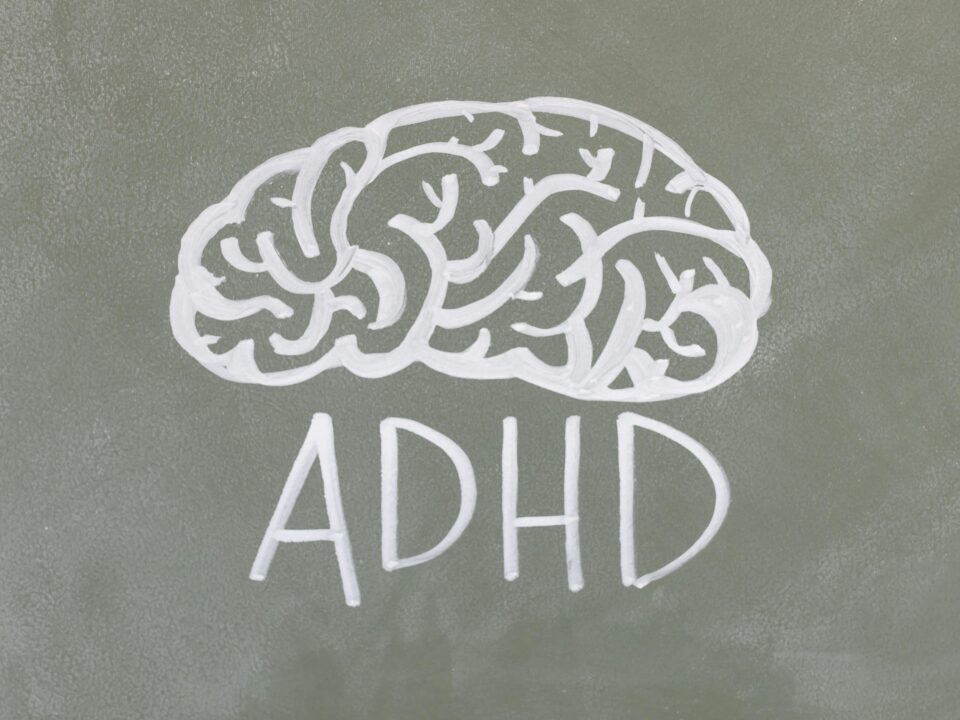What Are the Three Types of Dyspraxia?

Featured Image by Cytonn Photography, Pexels.com
Dyspraxia, otherwise known as developmental coordination disorder (DCD), is characterized by deficiencies with motor movements when compared with others of the same age. It is a neurological developmental disorder that is present from birth. A diagnosed individual described the condition as “not having their brain and body in synchronization”. The condition seems to disproportionately affect men and oftentimes runs in families.
The term dyspraxia covers quite a broad range of deficiencies. In fact, as you should have known by the title there are three types: motor dyspraxia, verbal dyspraxia and oral dyspraxia. It is possible for these conditions to exist in an individual in isolation or in combinations. Ascertaining specific causes for the conditions hasn’t been fruitful. Principally because co-ordination within the human body is a complex process employing a plethora of different nerves and parts of the brain. Nonetheless, scientists have been able to identify factors that, if present, increase the probability that a child may have dyspraxia such as: being born prematurely, namely before the 37th week of pregnancy; being born with a low birth weight; having DCD in one’s heritage or maternal drug abuse during pregnancy.
It is also worth noting that dyspraxia is not, in and of itself, a learning-difficulty, but rather that many people who have learning difficulties tend to also suffer from dyspraxia. At present, there are no ways to cure dyspraxia absolutely, however there are a range of protocols and practices that can be followed which may mitigate the negative effects of dyspraxia. Also worth noting is that despite the deficits present in dyspraxia some individuals tend to be competent problem-solvers and quite creative as they have had to find ways to overcome their difficulties.
What is Motor Dyspraxia?
Motor dyspraxia is effectively a deficit in fine motor movements such as handwriting, picking up objects or catching objects etc. Interestingly, diagnosed individuals tend to halt during the writing of words because they do not have a motor plan for writing the word. Unfortunately, many are left to feel as though they are lesser than as they view the work of their peers and work colleagues and it’s so much better than theirs. At school, children may find subjects such as English and Mathematics frustrating due to the wide variety of characters you need to write. Poor body awareness, deficits in strength when compared to their age group and gender, poor rhythm and balance are other signs. Bumping into objects is quite common. In order to help mitigate these difficulties a health practitioner may break down motor movements that the diagnosed find hard into smaller, more digestible chunks. Through repetitions some of these movements may become easier to execute.
What is Verbal Dyspraxia?

Image by Miguel Á. Padriñán, Pexels.com
Verbal dyspraxia is a condition whereby one has difficulty with pronouncing words accurately and consistently. It’s interesting in the sense that verbal dyspraxia isn’t an outright inability to pronounce a particular word. Rather, one day they may be able to pronounce the word ‘fantastic’ without difficulty and then the next day they may be completely unable to pronounce the word accurately. It’s a spectrum: some may have more severe forms of verbal dyspraxia whilst others have comparatively milder forms. Undergoing speech and language therapy can help tremendously in mitigating these problems. They can provide specific advice on a case-by-case basis so do not overlook the help that’s out there. In addition to this, if you are around someone suffering with the condition encourage them to use gestures as well as language to convey information. Using clear speech shall also give someone with verbal dyspraxia a good example to follow on from.
What is Oral Dyspraxia?

Image by Karolina Grabowska, Pexels.com
Oral dyspraxia, on the other hand, doesn’t involve the making of sounds. Rather, it may affect one’s abilities to make particular movements with one’s mouth, tongue or lips. For example, movements such as protruding one’s tongue could be quite difficult. It can affect both single movements and sequences of movements. The presence of verbal dyspraxia does not necessarily hint that a child has oral dyspraxia however logical such a conclusion may seem. Contrary to common belief, a child may be incompetent in articulating sounds of speech but have skilled control over their mouth etc. With this subtype of the condition, practice makes perfect. Continually practicing certain oral movements shall hopefully lead to improvements. Nonetheless, consult a medical professional for a more detailed set of protocols to follow.
How can I Identify Which Type of Dyspraxia I Have?
Unfortunately, there are no definitive tests that one can take in order to ascertain whether they have dyspraxia or not. A wide range of factors are considered. In order to attain a diagnosis of dyspraxia or specifically identify which type of dyspraxia you may have you should consult a medical professional (GP, pediatrician, occupational or physical therapist, child psychologist, pediatric neurologist etc.). It would certainly be well within your favor to create a detailed list of all the symptoms you experience to provide more substance for your chosen health professional.
Test: Do I Have Symptoms of Dyspraxia?
In case you have read this article and wondered if you could potentially have traits of dyspraxia, fear not! At Exceptional Individuals, we have a traits-based dyspraxia test you can take to see if these could, indeed, be traits of dyspraxia.
Disclaimer: Please note that the quiz is just to see if you have any traits of dyspraxia – it does not diagnose dyspraxia. Unfortunately, we do not have the capabilities to offer diagnosis. If you score highly on this quiz, we would recommend speaking to your GP.
Useful links
Is dyspraxia hereditary?
A history of dyspraxia
Is dyspraxia a disability?
Dyspraxia Workplace Needs Assessments




